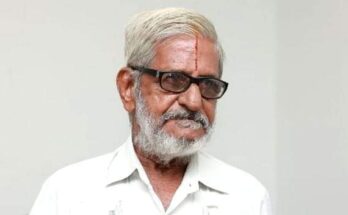STEPHEN Hawking has been described as a “phenomena” and “medical miracle”, but how exactly did he defy such incredible odds?
STEPHEN Hawking was just 21 years old when he was given two years to live.
But it wasn’t until today — more than half a century later and at the age of 76 — he died.
The English physicist — known for his groundbreaking work with black holes and relativity — remarkably defied the odds by living with amyotrophic lateral sclerosis (ALS) for about 55 years. The average survival rate for those with the motor-neuron disease is two to five years from the time of diagnosis.
Brain Foundation chief executive Gerald Edmunds told news.com.au that Mr Hawking’s life was considered a “phenomena” in the medical industry.
“It’s one of the great mysteries of medicine,” he said.
Leo McCluskey, an associate professor of neurology and medical director of the ALS Center at the University of Pennsylvania, told the Scientific American that there were variants of the neurodegenerative disease.
“Life expectancy turns on two things: the motor neurons running the diaphragm — the breathing muscles,” Prof McCluskey said.
“So the common way people die is of respiratory failure. And the other thing is the deterioration of swallowing muscles, and that can lead to malnutrition and dehydration.
“If you don’t have these two things, you could potentially live for a long time — even though you’re getting worse.
“(What) happened to him is just astounding. He (was) certainly an outlier.”
Prof. McCluskey told the publication that it was possible Mr Hawking suffered from the “juvenile onset disorder” form of the disease, “which is something that progresses very, very, very slowly”.
“I have patients in my clinic who were diagnosed in their teens and are still alive in their 40s, 50s or 60s,” he said.
“But not having ever examined him or taken a history, it’s a little hard for me to say.”
Prod McCluskey said only a “small percentage” of patients with ALS had the slow-forming variant of the disease and lived a long life.
Despite his many accomplishments, Mr Hawking spent decades confined to a wheelchair, battled multiple health problems along the way.
A severe attack of pneumonia in 1985 left him breathing through a tube, forcing him to communicate through an electronic voice synthesiser that gave him his distinctive robotic monotone.
He continued his scientific work, appeared on television and married for a second time.






